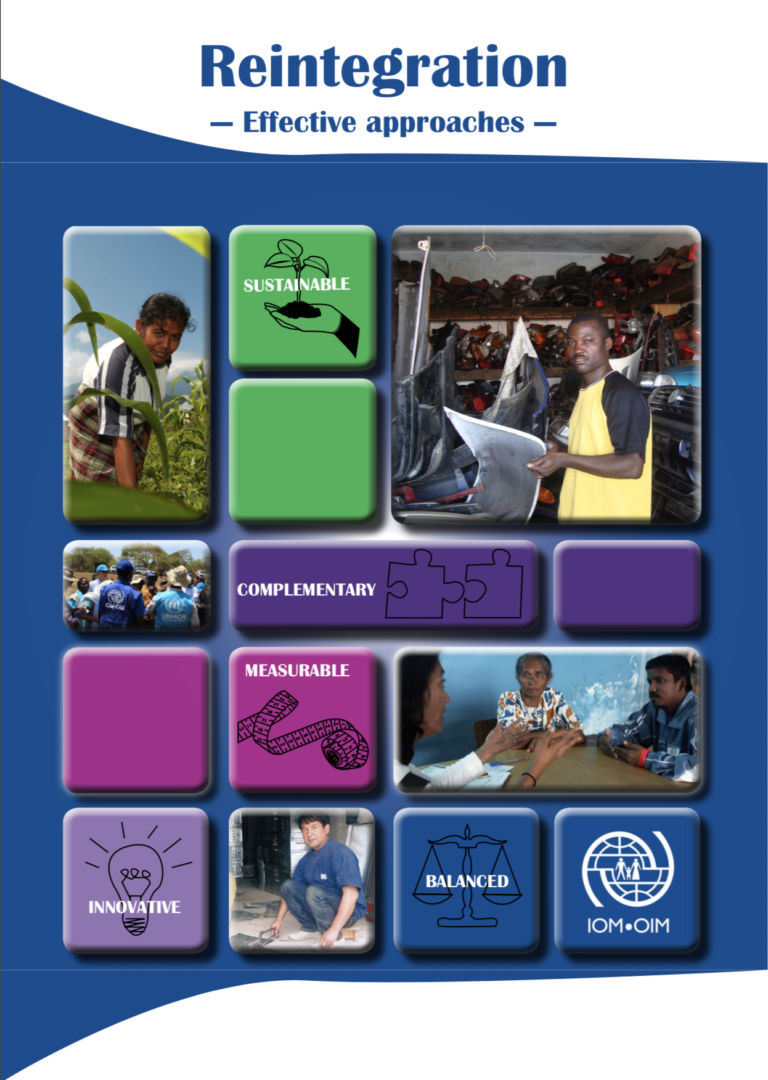The Voice of British Survivors of Modern Slavery
PublicationsBritish survivors of modern day slavery are not being adequately listened to or heard in the antislavery sector, let alone across the UK. Yet they are the now the largest cohort in the Government’s annual modern slavery referral data. This evasion...Read More

